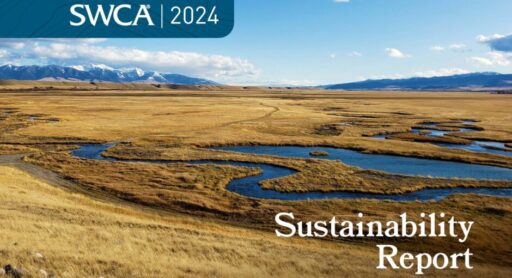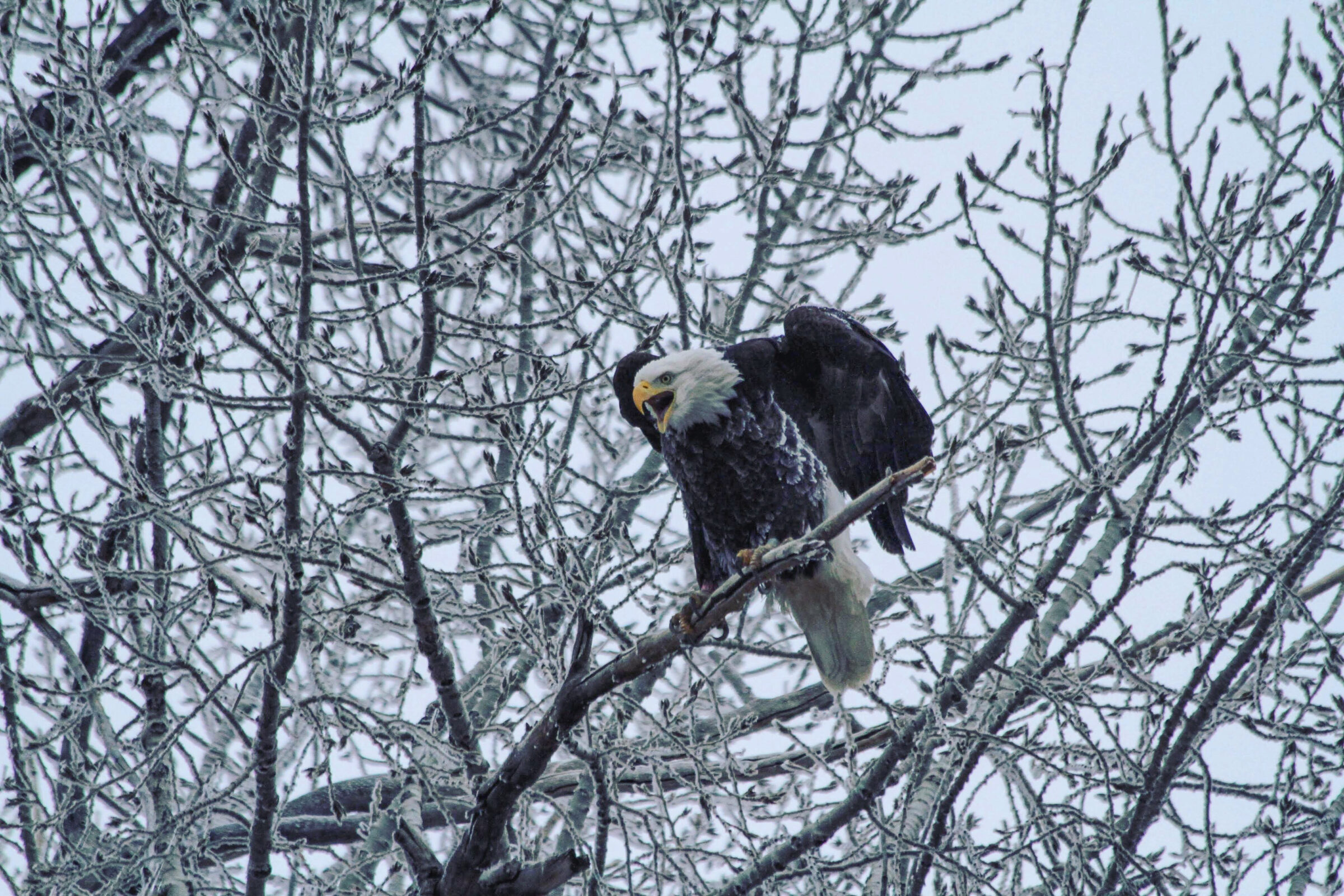2025
Comparably’s Best Company Outlook
* Providing engineering services in these locations through SWCA Environmental Consulting & Engineering, Inc., an affiliate of SWCA.

From the experts we hire, to the clients we partner with, our greatest opportunity for success lies in our ability to bring the best team together for every project.
That’s why:

At SWCA, sustainability means balancing humanity’s social, economic, and environmental needs to provide a healthy planet for future generations.
SWCA employs smart, talented, problem-solvers dedicated to our purpose of preserving natural and cultural resources for tomorrow while enabling projects that benefit people today.

At SWCA, you’re not just an employee. You’re an owner. Everyone you work with has a stake in your success, so your hard work pays off – for the clients, for the company, and for your retirement goals.
USFWS Proposes Changes to Eagle Permits
The U.S. Fish and Wildlife Service (USFWS) proposes substantial revisions to regulations implementing the Bald and Golden Eagle Protection Act (BGEPA) intended to improve the efficiency and effectiveness of eagle take permitting.
Amanda Glen is SWCA’s natural resources technical director for biological services and provides strategic guidance on permitting and compliance for matters involving protected wildlife, plants, and habitats. Currently managing a national practice, she has more than 25 years of consulting experience with an emphasis on the Endangered Species Act (ESA) and how compliance with the ESA influences other regulatory programs. Her wealth of experience pertaining to endangered species issues includes research, permitting, consultations, status reviews, and conservation planning. Her experience includes negotiating compliance solutions for critically imperiled species facing potential determinations of jeopardy or adverse modification of designated critical habitats. She has led efforts to delist species no longer requiring the protections of the ESA when supported by sound science, and has been involved in voluntary conservation planning to help preclude the need to list species. Amanda frequently presents at regional and national conferences on matters related to the ESA, including new listings, regulatory and policy changes, and trends in compliance strategies.



The USFWS seeks to increase the number of projects with Eagle Act permits and produce more conservation benefits for eagles. The estimated bald eagle population has increased four-fold since 2016, meaning more projects may be exposed to the risk of an eagle take or nest take. The golden eagle population appears to be relatively stable, but USFWS remains concerned about the effect of human-caused mortality. USFWS will continue to restrict take of golden eagles in certain areas and seek compensatory mitigation for all permitted takes.
SWCA’s eagle experts and permitting specialists can help you evaluate if an eagle permit may be warranted, navigate current permit procedures, identify appropriate eagle conservation measures, and understand the proposed changes to Eagle Act permitting regulations.